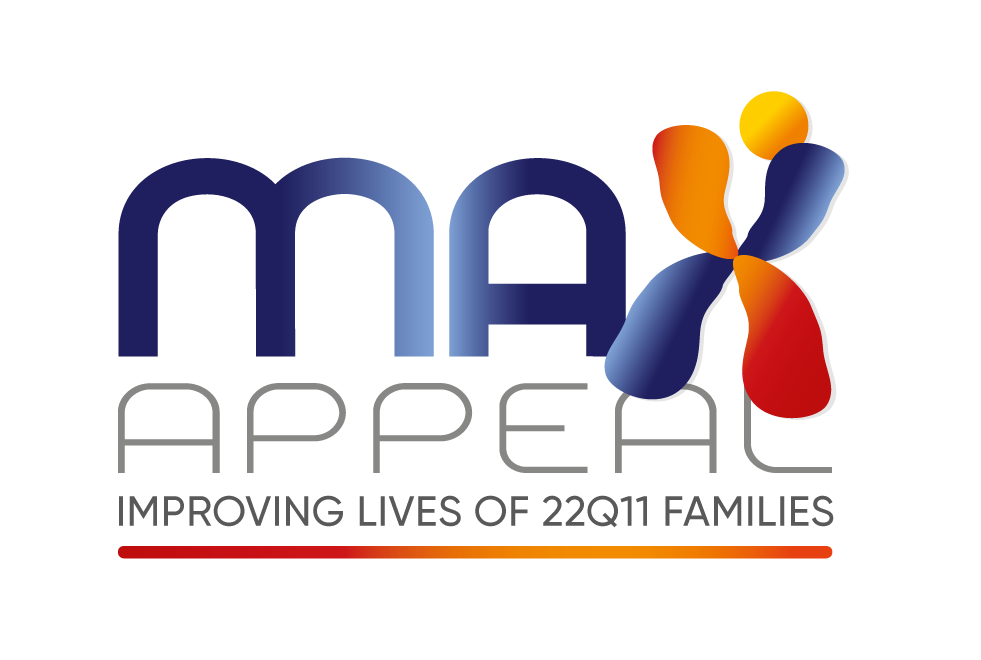Kinver church lit up to raise awareness of 22q11 disorder - Stourbridge News
https://www.stourbridgenews.co.uk/news/19769563.kinver-church-lit-raise-awareness-22q11-disorder/
A KINVER church was lit up in red as part of a campaign to raise awareness of a little known but frequent birth defect.
The bell tower at St Peter's Church was bathed in red light last Wednesday (December 1) as part of a movement to raise awareness of 22q11.2 deletion syndrome, also known as DiGeorge syndrome, by illuminating buildings in red across Europe.
Stourbridge-based charity Max Appeal was set up to help people affected by the syndrome, a chromosomal disorder affecting one in every 2,200 people, and is a founding member of the 22q11 Europe organisation - a network of 17 national self-help groups from 11 countries.
The initiative to raise awareness by lighting up buildings has been growing in recent years, with more than eight countries and 60 cities in Europe having taken part in previous campaigns.
A number of venues in England, Scotland and Northern Ireland signed up this time to illuminate their buildings including The Spinnaker Tower in Portsmouth, and St Peter's Church in Church Hill, Kinver, where Max Appeal founder Julie Wootton is a bell-ringer.
Julie started the charity from her home with husband Paul after losing their four-month-old son Max in 1999 due to complications arising from the condition, and she said: "Max Appeal’s vision is of a society where children and adults affected by 22q11 are valued and able to fulfil their potential.
"We aim to be the voice to achieve appropriate medical care, social support, employment and empowerment for individuals and their families.
"Most of our funds are raised through fundraising events organised by our members.
"The Covid-19 pandemic has presented us with many challenges and affected those who support us. Raising funds allows us to continue with our work and supporting those affected by 22q11."
People with 22q11 are born with a complex range of medical problems ranging from fatal heart defects, immune deficiency, feeding, speech and language issues, learning and behaviour difficulties and a high incidence of mental health problems.
But Julie said: "The sheer diversity of the symptoms of 22q11 patients makes a diagnosis very difficult.
"In fact, 50 per cent of 22q11 patients are never diagnosed.
"Yet, an early diagnosis can lead to a much better life for affected individuals as earlier treatments of symptoms can curtail their severity.
"Raising awareness with the public will improve the diagnosis and treatment."
To find out more about the charity and 22q11 go to maxappeal.org.uk.

